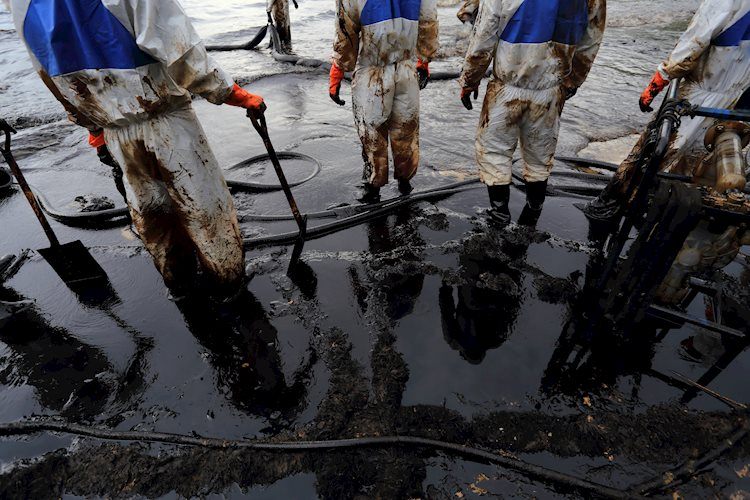Iraq’s oil production decreased to just under 4 million barrels per day in October, meeting the requirements of the OPEC+ agreement. However, the promised compensatory cuts were not taken into account in this decrease. This news comes from a Reuters survey which also showed that total OPEC oil production increased by 190,000 barrels per day. This increase was due to a normalization of oil production in Libya after outages in the previous two months.
The Reuters survey also indicated that production in the nine countries bound by quotas (OPEC-9) was at the agreed level for the first time this year. This is a positive sign that these countries are complying with the OPEC+ agreement. On the other hand, Iraq’s production was still 120,000 barrels per day above the agreed level. This indicates that there may be some challenges in ensuring complete adherence to the production cuts among OPEC members.
In a similar survey conducted by Bloomberg, total OPEC oil production also rose, while production by the OPEC-9 countries decreased. This conflicting data from different sources suggests some discrepancies in the reporting of oil production levels among OPEC members. Despite the variations in numbers, it is clear that efforts are being made to stabilize oil production and meet the agreed-upon quotas set by OPEC+.
The fluctuations in oil production levels among OPEC members have significant implications for global oil markets. The stability of oil production is crucial in determining oil prices and ensuring a balance between supply and demand. Any discrepancies in production levels can impact global oil prices and market dynamics, leading to volatility and uncertainty in the energy sector. Therefore, it is important for OPEC countries to work together to maintain stable production levels and adhere to agreed-upon quotas.
The OPEC+ agreement, which includes both OPEC and non-OPEC countries, plays a vital role in regulating oil production levels and stabilizing global oil markets. By committing to production cuts, member countries aim to prevent oversupply and maintain price stability in the oil market. These efforts are especially crucial in times of economic uncertainty and fluctuating demand for oil due to factors such as the COVID-19 pandemic and geopolitical tensions.
As oil production levels continue to fluctuate among OPEC members, it will be important to closely monitor compliance with the OPEC+ agreement and the impact on global oil markets. By working together to achieve production targets and maintain market stability, OPEC countries can help ensure a more sustainable and balanced oil market in the long term. The coordination and cooperation among OPEC members will be key in navigating the challenges facing the oil industry and supporting a more resilient energy sector.











